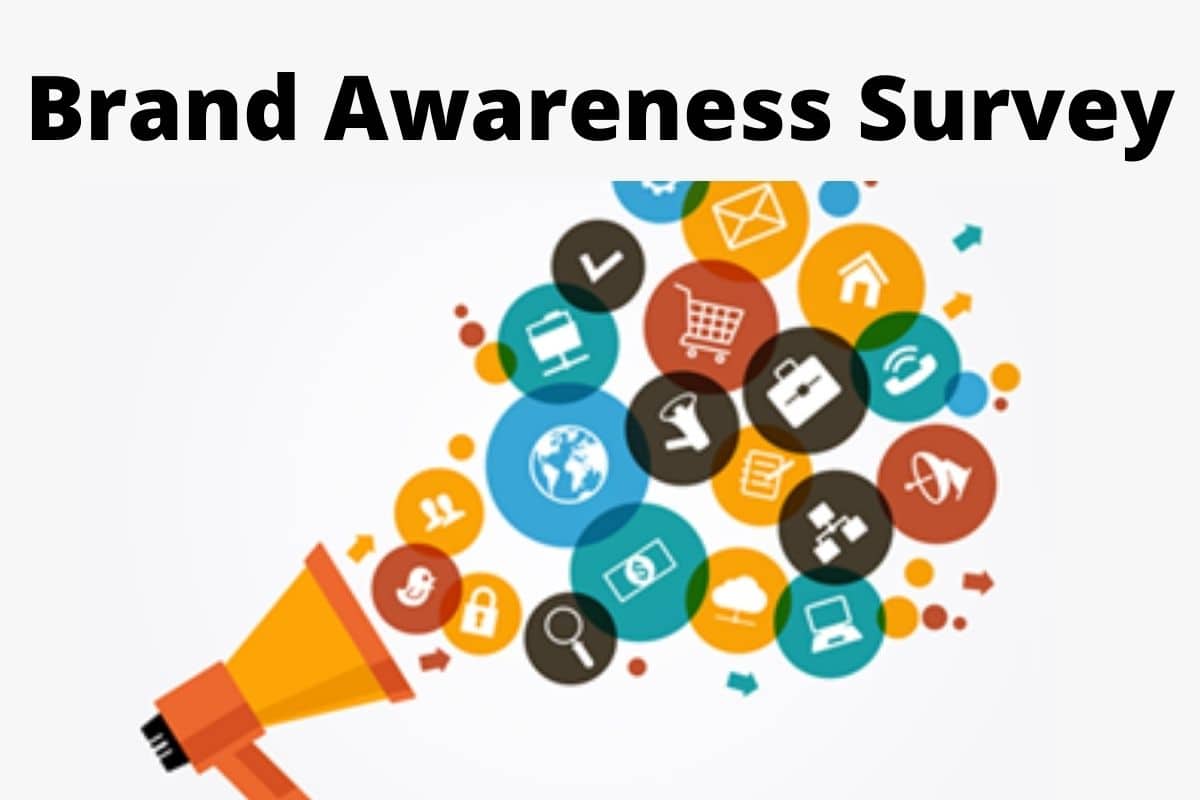A group of human traits that are connected to a business name is referred to as personality branding. A brand’s brand equity goes up when it consistently shows a variety of qualities that appeal to a certain group of consumers. In addition to its practical benefits, a brand has a personality, which adds value in terms of quality. As a result, the consumer may relate to personality branding. Learn about personality branding tactics in this article and their significance for developing a compelling brand character that may effectively communicate with your target market and encourage loyalty.
Personality Branding
Personality branding is the process of giving a brand a personality through its emotional, psychological, and behavioral traits that stay the same over time. Customers can relate to them since they have human features and traits.
We use words to characterize businesses, such as “peppy,” “young, serious, pleasant, or “sophisticated,” just as we would when describing a good friend or someone you recently met. Companies use a brand voice and visual identity they create to communicate their brand characteristics. You may improve a person’s connection to your brand and brand experience by using this collection of human traits.
A brand’s collection of human traits can connect with a sizable audience or with a specific demographic, positioning your company to stand out from the competition. For instance, some auto companies may personify excitement, toughness, or elegance, while other automakers may strive to depict themselves as dependable, approachable, or truthful.
A component of brand identity is personality branding. By actively nurturing consumer impressions through its in-market communications, a brand can communicate through its tone of voice, communication style, and behaviors.
How Personality Branding Works
A personality branding framework helps a business or organization change how customers think about its products, services, or goals. Also, the brand personality of a company appeals to the emotions of a certain group of customers in order to get them to act in a way that makes money for the company.
If a brand’s personality matches your own, customers are more likely to buy from you. Five major categories of personality branding have the following characteristics:
- Excitement: Young, lively, and carefree
- Sincerity: Compassion, consideration, and a commitment to family values
- Ruggedness: Hard, rough, athletic, and outdoorsy
- Competence: The ability to be effective, accomplished, and influential, as demonstrated by leadership
- Sophistication: Personality branding that is sophisticated, prestigious, and occasionally even arrogant is even more crucial in the digital age where automation and artificial intelligence (AI) technology are developing rapidly.
Although customers like the convenience of online shopping and having businesses anticipate their preferences, studies show that when it comes to doing business with firms, customers still prefer direct communication and physical interaction.
The Importance of Personal Branding
There is much more to branding than just a name, logo, and tagline. To make that generic offering stand out from others on the market, it needs to have traits and properties both inside and outside the offering.
Personality branding is important for a number of reasons, in addition to the fact that it is necessary to make a product stand out on the market.
- Brand identity and brand personality are two related strategies that aid in creating the ideal brand image in the marketplace. Brand identity visualizes this approach, which leads to the creation of a brand image, whereas brand personality plans how a brand will act in the market.
- The Offering is Positioned: Consumers use the same things offered by various brands in different ways. In other words, brand personality instructs customers on how to use the company’s products.
- Creates Emotional Connection: Brand personality aids in creating an emotional bond with consumers who share similar values and demand more from a company than merely material goods. By starting with customer-powered marketing tactics like word-of-mouth marketing and loyalty marketing, for example, the business is able to create more meaningful brand engagements.
- Eases Communication: A personality helps a brand interact with its audience effectively since the customers can connect with the personality features of the brand and identify with them.
Examples of Personality Branding
Many examples of brands with unique personality branding are provided below:
#1. Woodland Personality
Woodland acquired the tough, outdoorsy, and adventure-ready personality through its products (hard boots designed for adventure) and clever marketing techniques. They incorporated the color green, which symbolizes nature, to project an outdoorsy lifestyle.
#2. Harley Davidson Personality Branding
From the beginning, Harley Davidson has been an outlaw. They got this reputation by using marketing campaigns that made motorcycles look like dangerous machines, as well as their logo and the use of bright, lively colors.
#3. Marlboro’s Personality Branding
Marlboro became known as a tough brand through its marketing campaigns, such as “The Tattooed Man,” “The Marlboro Cowboy,” and “The Marlboro Man.”
#4. MTV Personality Branding
MTV made an effort to distinguish itself from other music video channels. They stood out thanks to the idea of VJs, distinctive logos, and taglines like “I want my MTV” and “MTV is here.”
Personality Branding Strategy
Personality branding is a way to bring your name and career out of relative obscurity and into the spotlight. It explains where you are now and how well-known you want to become in the future. Then, the plan, tools, and skills you’ll need to reach your goal are laid out in detail, along with a daily content calendar that will tell you what to do each day. A company needs a strong, unique, and appealing brand identity to build a long-term relationship with its audience. Content marketing is a key component of a personal branding strategy. Likewise, the majority of the abilities and resources listed in this roadmap are actually parts of content marketing, but they are applied to developing your own brand.
What Are the Elements of Brand Personality?
People may give their brands personalities in a variety of ways. You can create a brand personality that gets your brand’s message across by using the following elements:
- visual identification A brand’s appearance can help consumers recognize it. This might refer to the typeface, color scheme, and logo of the brand. For instance, a lot of people associate the Apple brand with the simple image of an apple.
- sound brand. One note is all it takes for someone to instantly know their favorite song. The same holds true for brand audio. A brand’s jingles, slogans, and sound bites can become memorable. Consider Netflix and the way the word “ta-dum” denotes a relaxing moment.
- branding activity The visual components of marketing collateral and audience interaction can reveal the personality features of a brand. This is demonstrated by Wendy’s Twitter account, which amuses followers with humor and a caustic attitude.
What Are the 3 CS of Branding?
Branding requires a lot of effort. After all, you want to establish a strong brand image that is not misinterpreted. Use the three Cs of brand messaging—consistency, clarity, and character—to get your company’s message and beliefs across.
- Consistency: If used consistently, social media can be a strong and important marketing tool that helps you interact with customers, build brand awareness, drive organic traffic to your website, and generate leads. Being effective entails doing the right things, as opposed to being efficient, which entails doing the wrong things.
- Clarity: Make sure the messaging for your brand is succinct, strong, and clear. Choose words that your readers will understand without hesitation. How can you prevent brand misunderstanding, opacity, and distortion? Instead of dipping your toes into a few different waters, concentrate on one thing that you do well. Prepare to lose clients if you can’t identify and explain your brand message clearly.
- Character: Characterize your brand by being genuine and human. Moreso, social media is not a one-way discussion, so engage with your customers, listen to what they have to say, and interact with them. As your clients are actual people, consider this: “What makes us human?” the ability to interact with other people, build relationships, experience emotions, and exchange ideas.
What Are the 5 Dimensions of Brand Personality?
Jennifer Aaker, a behavioral psychologist and professor at Stanford, made a model of personality in 1997 that divided people into five groups with different traits. These dimensions are:
#1. Sincerity
Companies that are sincere tend to exhibit qualities like wholesomeness, joy, honesty, and down-to-earthiness. They are often family-friendly in a way, like Disney or Hallmark. This personality type can be beneficial for your business if you’re in the food, hospitality, or safety industry because customers are more inclined to buy from a brand if they have a similar personality.
#2. Excitement
Companies that convey enthusiasm are frequently seen as impulsive, active, outgoing, edgy, and trendy. These brands frequently target younger age groups. This is demonstrated by the energizing company Red Bull, which serves performers, athletes, and others who lead active lifestyles. Red Bull keeps up with its target audience through extreme sports, concerts, music, social media, and celebrity sponsorships.
#3. Competence
Companies that exhibit competence frequently stand out as dependable, knowledgeable, and up to high standards. They are moreover frequently regarded as thought leaders and subject-matter authorities—companies that clients can depend on to address their problems. When talking about competency, one company that comes to mind is Microsoft. The company has been at the forefront of innovation for many years and keeps releasing trustworthy computer products.
#4. Sophistication
Companies that fall under the sophistication category frequently conjure images of elegance, luxury, and the affluent class. One company that comes to mind when considering sophistication is Louis Vuitton, which offers fashionable clothing and handbags. Prestige is primarily what sophisticated brands provide. Try encapsulating sophistication if your brand wants to appeal to the proper customers and sell higher-end goods.
#5. Ruggedness
People may associate the word “rugged” with qualities like toughness and durability. A rough personality dimension may come out as outdoorsy and tough. Harley-Davidson is a great illustration of a tough brand. Customers are familiar with this brand for its rebellious spirit of exploration and never-ending pursuit of freedom and independence. You might consider adopting a tough character if your company wants to draw clients who want to express themselves and take in everything the world has to offer.
Conclusion
It takes time to develop a brand’s personality. If you don’t know what the best marketing practices are now, you might miss something. Branding experts are needed by companies to give their brand a strong personality, voice, and overall feel that will appeal to their target market. A company needs a strong, unique, and appealing brand identity to build a long-term relationship with its audience.
We, humans, tend to be drawn to companies and products that represent and embody what we believe. Whether it’s through the food we eat, the technology we use, or the clothes we wear, we look to brands to help define who we are. A personality makes it simpler for marketers to influence consumers’ purchase decisions.
Related Articles
- LEADERSHIP TRAITS: Top 7 Qualities of an Effective Leader
- EVERYTHING YOU NEED TO KNOW ABOUT EMPLOYER BRANDING
- BRAND STRATEGY: Definition, Examples & Components of Branding
- HOW TO BRAND YOURSELF: Best Tips
- QUALITIES OF A LEADER: What are the Best 15 Qualities & the Essentials (Detailed)






